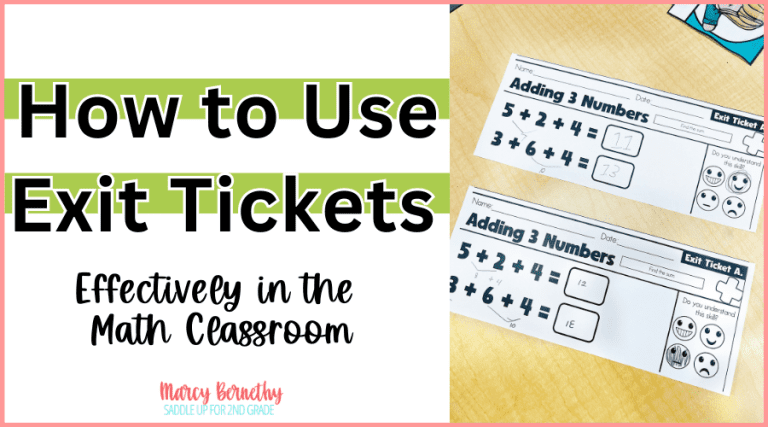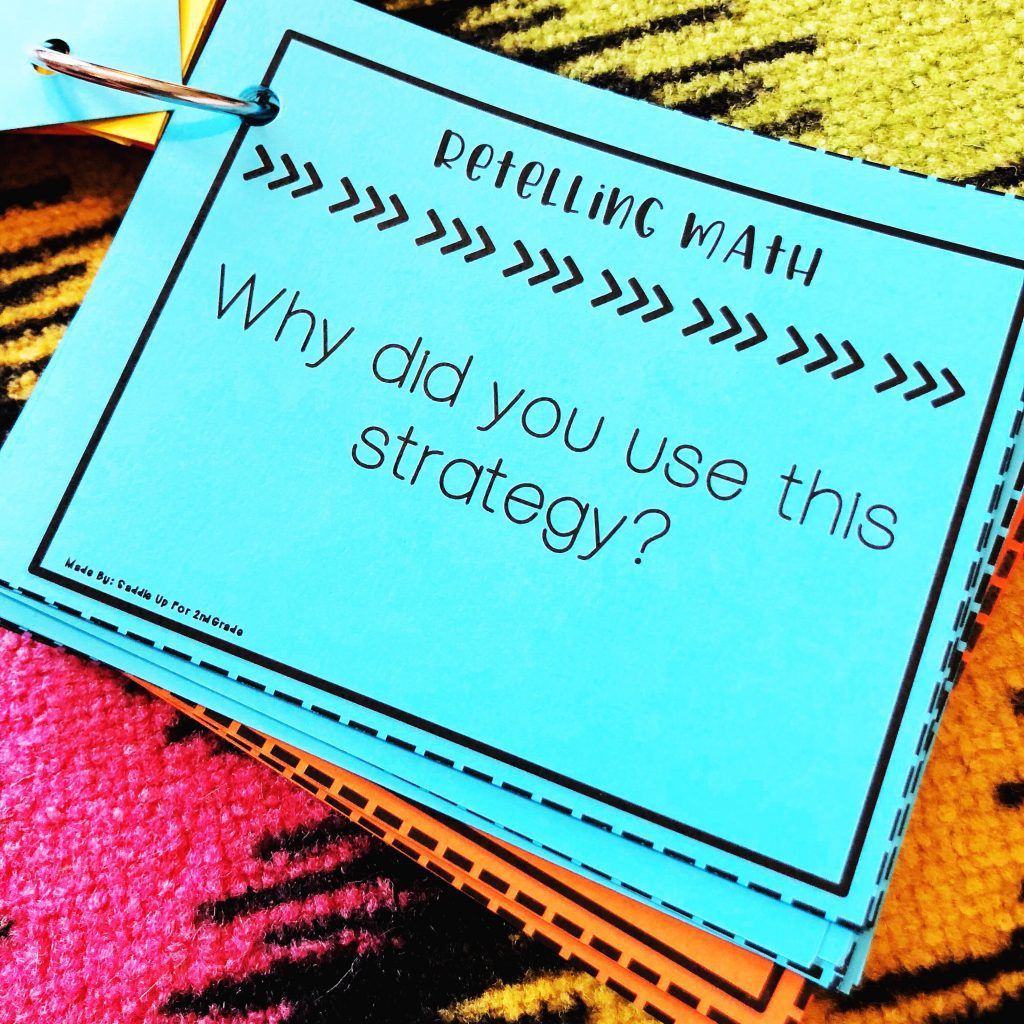

Join me for a FREE, Guided Math workshop to discover how to easily incorporate Guided Math into your current schedule!
Think back to when you were a kid. What do you remember about your math block? Was it whole group instruction?
Was your teacher standing at the white board teaching everyday? Do you recall a stack of workbooks being used as your independent practice?
As teachers, we should always be adapting our teaching methods.
The best teachers are the ones who are constantly searching for ways to reach ALL students, and unfortunately with whole group instruction that just doesn’t happen.
Don’t get me wrong – there is a time and place when whole group teaching can be beneficial, but I want you to think of it as a kickoff to your instruction rather than the entire game plan!
Look at it as a way to hook your students and develop interest in a new topic and then be expanded into small groups to keep active engagement!
Research shows small group instruction is more effective when it comes to retaining information and making learning gains. Let me share some of the challenges that come along with whole group instruction.

Unfortunately during a lesson, a concept is bound to go way over a students head. Due to the lack of attention by students, they tend to get bored more quickly, and only part of the class will be fully engaged during the whole group lesson!
Content can be missed because of various distractions. Small group minimizes those distractions and allows the teacher to redirect those few students rather than having to stop the whole group instruction for all students and then get the entire class back on track.
Mathematical conversations that are needed for every student is not happening. There will always be the student who is embarrassed to raise their hand or ask a question when they don’t understand something.
Small group allows those students to open up and tell you what they are struggling with. You can build those relationships with your students because you are not only learning what they know or don’t know, but as their teacher, you are also learning far more about them as person than just mathematics.
A small group intimate setting allows you to encourage and ensure that all of your students are participating in conversation, as well as, develop deeper relationships with your kids.
You can use math comprehension stems to help guide your conversations.


Research shows that when you provide descriptive feedback it can help motivate and advance student achievement. Even when working independently, you just don’t have time to check in with EVERY single student.
Due to lack of time, if misconceptions are not addressed immediately by providing specific feedback then that problem continues to persist.
Small group instruction allows you to address the misunderstanding immediately in order to help fix the problem.
Summative and formative.
Summative assessments tend to fall at the end of a lesson or unit, but they fail to provide you with correct student understanding. Unfortunately, it is merely just a glimpse of their knowledge, rather than a whole picture of what they have learned.
Formative assessments are ongoing evaluations that you want to use to drive your instruction week to week during small groups. It can be as simple as a one-on-one conversation with a student at your teacher table during centers.
Like I mentioned before, whole group instruction can be valuable to introduce new topics or play a review game. It can also build community within your classroom by having discussions to depend understanding.
However, don’t avoid small groups just because you are unsure how to make them work during guided math! Check out this blog post here for all the details about guided math!
Make the shift today of teaching 45 minute whole group lessons to a more balanced schedule of small group instruction! Once you do so and implement guided math successfully student’s achievement will sky rocket!

Have a blessed one,
Math should be fun, not stressful. Ditch the timed math fact tests and replace them with math games that will help your students learn and retain information more effectively.
© Saddle Up for 2nd Grade • Website by KristenDoyle.co